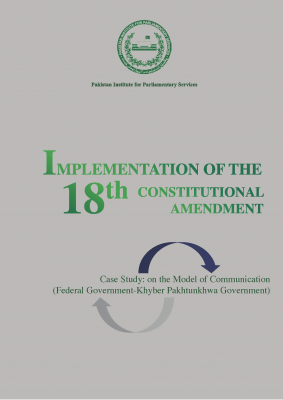
This paper is continuation of series of publications that the Pakistan Institute for Parliamentary Services (PIPS) has produced with the assistance of the Friedrich-Ebert-Stiftung (FES) on the “Implementation of the 18th Constitutional Amendment”. This case study is unique as it documents new communication vectors between the federation and the federating units
Download (28.07 MB)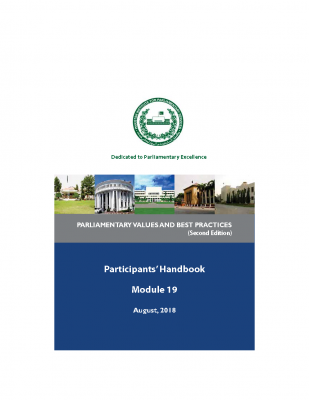
We are pleased to share this Handbook on Parliamentary Values and Best Practices, 2nd Edition, (2018) with the kind readers. The book is aimed at developing insights about some of the international parliamentary values and best practices cherished by world democracies. The handbook also throws light on key practices viz a viz parliamentary values and […]
Download (632.91 KB)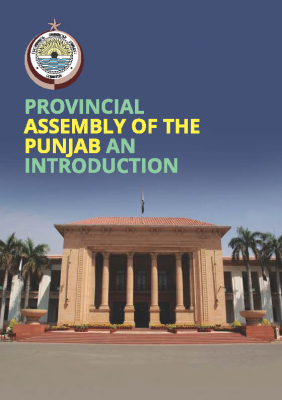
The Provincial Assembly of the Punjab is made up of 37`Members who are elected by the people of the province of Punjab to represent to become a Member of the Provincial Assembly is 25 years. Directly elected members of the Provincial Assembly represent different areas (constituencies) in Punjab. The presence of Members from different constituencies […]
Download (5.19 MB)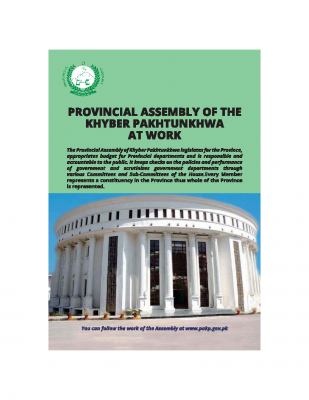
The Provincial Assembly of the Khyber Pakhtunkhwa is the elected House of Representatives where Members represent constituents’ opinion, discuss issue of public importance and scrutinize the policies, actions and expenditures of the government.
Download (5.22 MB)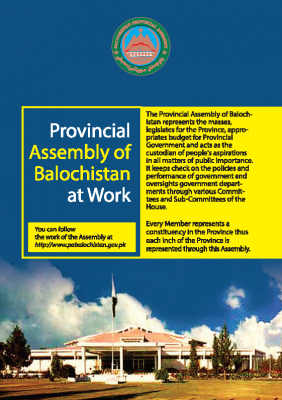
According to the Article 106 of the Constitution of Islamic Republic of Pakistan, the Provincial Assembly of Balochistan has 65 Members where 51 Members are directly elected on general seats from the districts of Balochistan, 11 seats reserved fro women and 3 reserved seats for Non-Muslims.
Download (3.59 MB)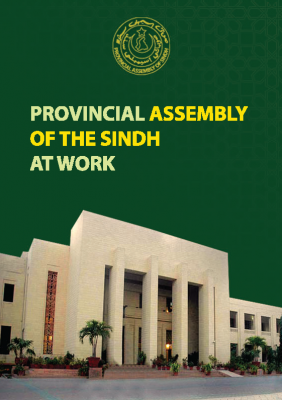
The Provincial Assembly of the Sindh is a place where members represent constituents’ opinions, discuss issues of public importance and call on government to explain its actions. The Provincial Government of Sindh cannot impose new taxes without the approval of the Provincial Assembly.
Download (3.98 MB)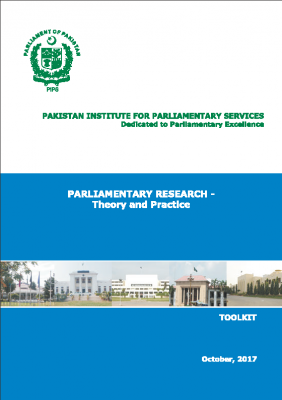
The toolkit is based on experiential learning methodology and endeavours that parliamentary researchers and librarians understand and develop skills to practice various activities they are expected to do while conducting research for preparation of informational packs for individual legislators or parliamentary committees. This explains composition of various parliamentary research products including but not limited to […]
Download (49.40 MB)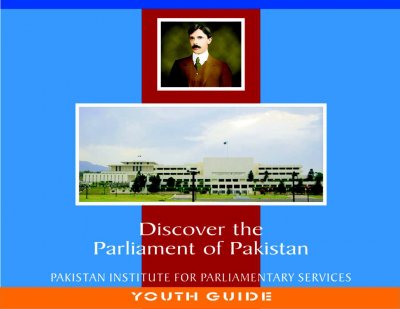
The PIPS faculty and staff under the leadership of Executive Director Mr. Zafarullah Khan acknowledges that strong, active and vibrant youth is the asset of the nation, which steer and ensures the sustainable and developed future of the state. In this way PIPS is committed to engage the youth with Honorable Parliamentarians and leaders of […]
Download (6.87 MB)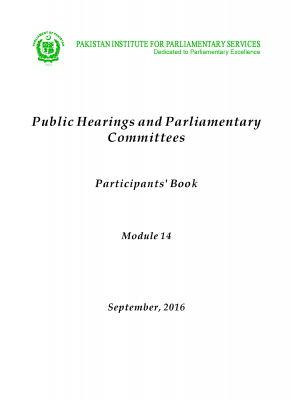
A strong, active committee system is an asset in any functioning parliamentary democracy. A comprehensive system of parliamentary committees provides greater accountability by making the policy and administrative functions of government more open and accountable, giving the people more and better access to parliamentary processes and ensuring Members of Parliament have more involvement in and […]
Download (67.50 MB)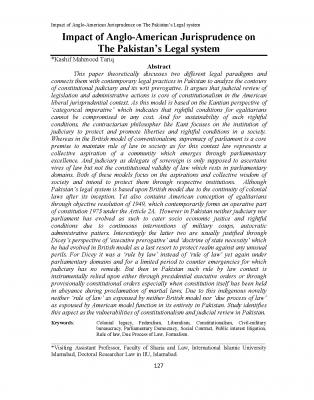
This paper theoretically discusses two different legal paradigms and connects them with contemporary legal practices in Pakistan to analyze the contours of constitutional judiciary and its writ prerogative. It argues that judicial review of legislation and administrative actions is core of constitutionalism in the American liberal jurisprudential context. As this model is based on the […]
Download (83.35 KB)